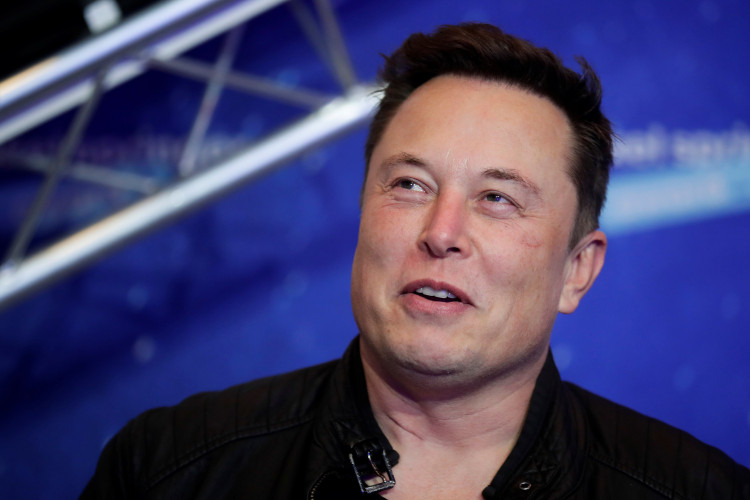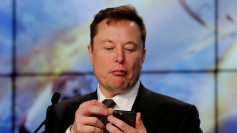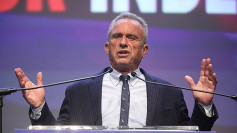Brazil's Supreme Court Justice Alexandre de Moraes has initiated an investigation into tech magnate Elon Musk, the billionaire owner and CTO of social network X (formerly Twitter), over possible obstruction of justice and his role in the spread of misinformation online. The move comes after Musk publicly defied court orders to restrict or suspend some popular accounts on the platform, escalating the ongoing dispute between the tech executive and Brazilian authorities.
Moraes also ordered the inclusion of Musk in a broader inquiry into so-called "digital militias," a term applied to individuals accused of spreading misinformation online to attack democratic institutions in Brazil. The orders follow threats of open defiance posted by Musk to his X account, where he now has 180.2 million listed followers.
In a series of provocative posts over the weekend, Musk criticized Justice Moraes and called for his resignation or impeachment, claiming that the judge had broken Brazilian law. "Coming shortly, will publish everything demanded by [Alexandre de Moraes] and how those requests violate Brazilian law. This judge has brazenly and repeatedly betrayed the constitution and people of Brazil. He should resign or be impeached. Shame [Alexandre de Moraes], shame," Musk wrote on Sunday.
Moraes, who has long supported regulations to rein in harmful content and misinformation online in Brazil, has faced pushback from various entities, including tech companies, far-right officials, and former President Jair Bolsonaro. The justice's decision to investigate Musk comes during a municipal election year in Brazil, with voters scheduled to go to the polls in October.
Brazil, the second most populous country in the Western Hemisphere after the United States, has experienced deep political divisions and destabilizing political violence similar to the January 6, 2021 events in the U.S. On January 8, 2023, supporters of ousted far-right former President Jair Bolsonaro invaded and vandalized government buildings, calling for military intervention to remove the elected President Luiz Inácio Lula da Silva from office.
Musk, who also serves as CEO of automaker Tesla and rocket maker SpaceX, visited Bolsonaro in May 2022 during an election year, reportedly to discuss the use of his space company's satellite internet services at rural schools in the Amazon. SpaceX first obtained permission to switch on its Starlink satellite internet service in Brazil during Bolsonaro's presidency, and the service is now used pervasively throughout the country.
X and other social networks are facing increasing regulatory pressure worldwide, including in Australia, Brazil, the European Union, India, and Turkey. For each account that X reinstates against Brazil's Supreme Court orders, the court will fine Musk and the company 100,000 reais (almost $20,000) each per day, according to filings. Those involved will also be held accountable in Brazil for defying the court's orders.
Despite characterizing himself as a free speech absolutist, Musk's track record on the issue has been inconsistent. While he has relaxed content moderation policies and reinstated banned accounts on X, his companies, Tesla and SpaceX, have faced criticism for their stringent non-disclosure and mandatory arbitration agreements, as well as the alleged retaliation against employees who have expressed critical views.
The clash between Elon Musk and Brazil's Supreme Court highlights the ongoing tensions between tech platforms and government regulators as they navigate issues of free speech, misinformation, and the protection of democratic institutions. As the investigations into Musk and X unfold, the outcome could have significant implications for the role of social media in shaping public discourse and the limits of executive power in defying court orders.






